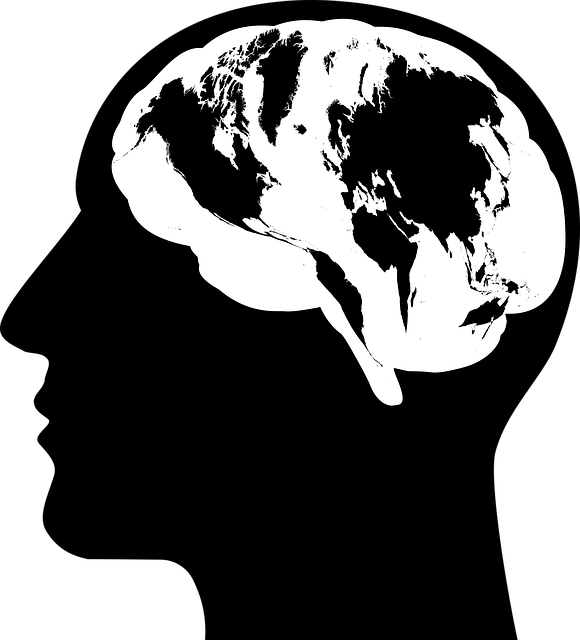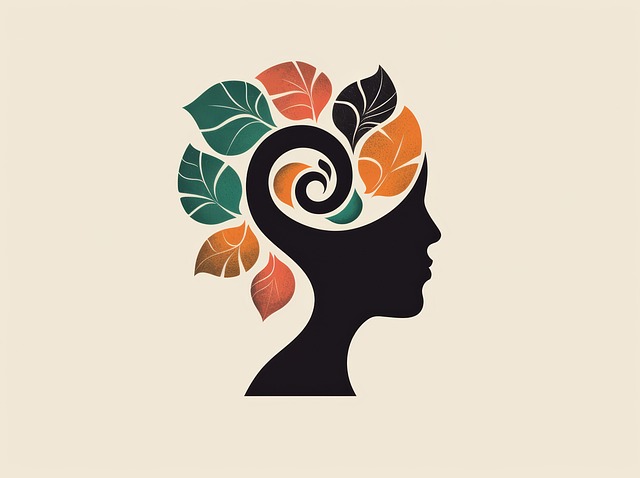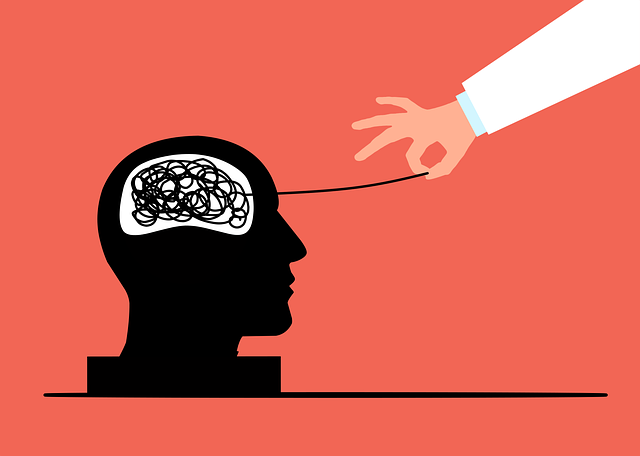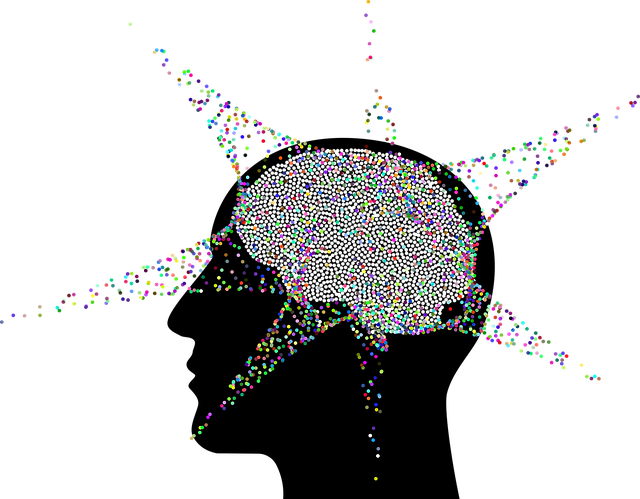In moments of extreme distress, crisis intervention strategies like Golden Divorce Therapy (GDT) provide vital support. GDT, a specialized counseling approach, focuses on building resilience and healthy coping mechanisms to help individuals overcome adversity and thrive. Structured yet empathetic methods separate person from problem, prioritize emotional stability, and integrate mental health coaching programs for comprehensive care. Open communication, active listening, conflict resolution, and self-care are key elements for long-term well-being post-intervention, ensuring individuals find hope, healing, and tools to navigate future challenges effectively.
In today’s fast-paced world, personal crises can arise unexpectedly, demanding immediate attention. This article offers a comprehensive guide to crisis intervention strategies, focusing on the role of Golden Divorce Therapy in mitigating such challenges. We explore ‘when’ and ‘why’ crisis intervention is crucial, present key effective strategies, and provide post-intervention guidance for support and recovery. By understanding these elements, individuals and professionals can navigate personal crises with enhanced resilience and well-being.
- Understanding Crisis Intervention: When and Why It's Crucial
- The Role of Golden Divorce Therapy in Mitigating Personal Crises
- Key Strategies for Effective Crisis Intervention
- Implementing Guidance Post-Intervention: Support and Recovery Steps
Understanding Crisis Intervention: When and Why It's Crucial

In moments of extreme distress or upheaval, individuals often require immediate and targeted support to navigate through challenging circumstances. This is where crisis intervention strategies come into play, offering a vital safety net for those grappling with personal crises. Crisis intervention is a structured approach designed to provide rapid, short-term assistance to help individuals stabilize, regain control, and make sense of their situation. It is a critical component of mental health support, especially during life-altering events such as the breakdown of significant relationships, often referred to as the “Golden Divorce Therapy.”
The importance of timely crisis intervention cannot be overstated, particularly in today’s fast-paced world where rising stress levels and societal pressures contribute to an increasing number of mental health challenges. Public awareness campaigns development and fostering open discussions about self-care practices are essential steps towards normalizing the need for such interventions. By recognizing when a person is facing a crisis—whether it be a sudden loss, financial strain, or severe emotional turmoil—we can ensure that they receive the necessary guidance and resources to overcome these obstacles.
The Role of Golden Divorce Therapy in Mitigating Personal Crises

In times of personal crisis, individuals often seek effective interventions to navigate through challenging situations. One such powerful approach gaining recognition is Golden Divorce Therapy (GDT), a specialized form of counseling designed to help people cope with life-altering events. GDT focuses on fostering resilience and promoting healthy coping mechanisms, which are essential tools in mitigating crises. By employing this therapy, individuals can develop the necessary skills to endure and ultimately thrive amidst adversity.
The process involves a collaborative effort between the therapist and the individual, encouraging them to explore their emotions, gain insights into their crisis triggers, and learn effective strategies for self-esteem improvement. Through GDT, one can enhance their ability to adapt to change, build resilience, and develop robust coping skills. This therapeutic approach not only aids in resolving current crises but also equips individuals with long-lasting tools to navigate future challenges, ensuring better mental health and overall well-being.
Key Strategies for Effective Crisis Intervention

In times of crisis, a structured yet empathetic approach is crucial for effective intervention. One proven strategy that has gained recognition in recent years is Golden Divorce Therapy, a unique and innovative method designed to help individuals navigate tumultuous situations with grace and resilience. This therapy focuses on separating the person from the problem, ensuring that emotional stability is prioritized throughout the process. By fostering open communication, encouraging self-reflection, and promoting healthy coping mechanisms, participants are equipped to handle challenges while maintaining their mental wellness.
The integration of Mental Wellness Coaching Programs Development within crisis intervention strategies has also proven beneficial. These programs are tailored to support individuals in managing stress, anxiety, and other mental health concerns that often accompany crises. Moreover, advocating for robust Mental Health Policy Analysis and Advocacy ensures that communities have access to comprehensive resources, fostering a culture of Mental Health Awareness and early intervention. Through these key strategies, individuals can find hope, healing, and the tools necessary to thrive even in the face of adversity.
Implementing Guidance Post-Intervention: Support and Recovery Steps

After a crisis intervention, guiding individuals or teams through support and recovery steps is crucial to ensure long-term well-being. This process involves several key elements, one of which is facilitating open communication. The implementation of Golden Divorce Therapy, for instance, can help clients process their emotions and experiences by fostering honest conversations about the challenges they’ve faced. Effective communication strategies, such as active listening and clear, empathetic expression, play a significant role in this phase.
Additionally, integrating burnout prevention strategies for healthcare providers is essential to support those who have been at the forefront of crisis intervention. This may include conflict resolution techniques to navigate any interpersonal tensions that arise during the process. By prioritizing self-care and fostering a culture of resilience, individuals can effectively manage stress and maintain their mental health post-intervention.
Crisis intervention plays a pivotal role in supporting individuals navigating personal crises. The article has explored essential strategies, including the unique approach of Golden Divorce Therapy, which offers a holistic path to recovery. By understanding the timing and importance of intervention, implementing effective techniques, and providing post-intervention guidance, professionals can empower folks to overcome challenging situations. This comprehensive approach ensures not just short-term relief but also long-lasting resilience and personal growth.









